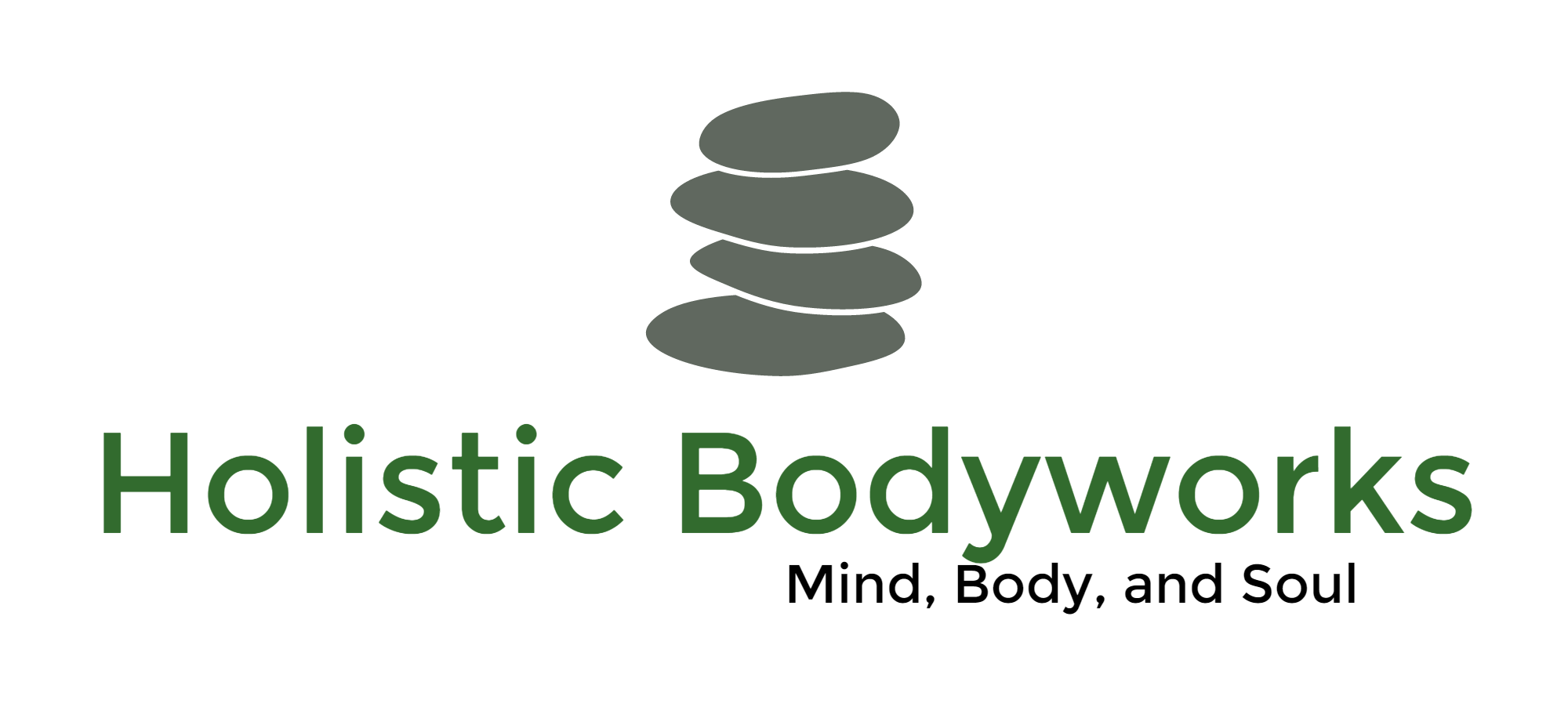Opioids, a brief talk
This word has been in the news recently and has stirred up quite a frenzy. So, what exactly are these things and what is the problem with them?
Opioids are medicines derived from opium that are designed to manage pain after surgery, for acute pain from injuries, dental work, or pain that will last only a few days, or weeks. They are wonderful at managing acute or short-term pain. However, opioids can produce a state of total relaxation, even euphoria, that is appealing to some people. That euphoric feeling is so welcomed and desired that the person can become dependent on the drug and cannot feel well or function fully without it.
Long term use of opioids can lead some folks to build a tolerance to the drug which will necessitate the need for increased doses. These higher doses can cause serious health problems and can greatly reduce the quality and length of one’s life. An interesting side effect of long term use is an increased sensitivity to pain, which would lead to even higher doses of the medication, and so on, and so on.
The prescribing of these medicines goes back a number of years. They were, at first, prescribed sparingly, and often was just not enough for many people. These people were in severe and chronic pain, and needed a little higher dose for relief. The medical establishment then increased the prescribed doses of pain medicine to satisfy their patients’ needs and relieve their suffering. Unfortunately, the increased doses and increased usage has led many people down a path that is still not free from pain, but are now also dealing with serious side effects, and addictions, from these medicines.
When a person becomes addicted, there is a change in the ability of the brain to reason. The part of the brain that governs our behavior and decisions is turned off, and the person will do anything, even if the action is illegal or immoral, to get the drug and find that euphoric feeling again. These people actually lose control of who they are.
Other times, the injury has healed, the surgery was successful, but the pathways that send signals to the brain telling it something is wrong, or broken in the body, got stuck and is not shutting off. The pain signals from the body to the brain are in an endless loop. That is when someone needs to intervene and help this person who is in distress.
There are many hospitals and rehabilitation centers around the country, and in or near the city where you live. Many insurance companies are covering the costs for these treatments. If you want help getting rid of your addictions, call someone. And if you know someone who is stuck in this addiction cycle, make the call for them. Talk to them. Let them know someone cares.
No one has ever gone to a doctor and asked for opiates so that they could experience being an addict. These people have gone to the doctor and are taking these medicines because they are hurting, and hurting badly enough and often enough that they are seeking help in any way they can get it.
Even when pain medicines are used as directed, addictions are possible. So, what do we do when we are really hurting?
If you need to take a pain medication while recovering from a surgery or accident, dental work, childbirth, or something short term, take it. But alongside the medications you can incorporate…
· Getting in some gentle movement such as walking, yoga, or tai chi.
· Being sure your vitamin and mineral levels are at a healthy level.
· Being aware of inflammatory foods such as wheat or dairy, these foods can cause or increase pain. (Remember inflammation is swelling and swelling puts pressure on the bones and muscles.)
· Finding a good massage therapist who uses gentle techniques that will help your body relax, and in a relaxed state we heal faster.
· And, some herbal remedies are valuable in reducing pain as well.
Be sure to do some good research from viable and trusted sources before you take any herbal supplements. Herbs are medicines and can sometimes interfere, reduce, or exaggerate the effects of any other herbs or medicines, over-the-counter or prescribed, that you may be taking. Speak with your doctor or other health care provider for help with adding herbal remedies and supplements to your daily diet.
Using these natural measures alongside your prescription medications will result with your being able to reduce the dosage, and the need, for these medicines. Your body will heal itself nicely if given a balance of good nutrition, including vitamins and minerals, gentle movement, and a good night’s sleep.
Written by, Sharry Smith, LMT
